Participants in the ninth march of the Confederation of Indigenous Peoples of Eastern Bolivia (CIDOB) are expecting a meeting today with the government to negotiate demands and stated they will stay in La Paz until their objectives have been achieved.
The demonstrators, who arrived in this capital yesterday from the locality of Urujara, where they camped for two days pending the end of the police insurgency, are awaiting a meeting with President Evo Morales or another interlocutor, to present their well-known claims.
The marchers, residents of the Indigenous Territory Isiboro Secure National Park (TIPNIS) and many representatives of other sectors, among them opposition political parties, claim the government has abrogated Law 222 which requires advance consultation with the people from the national park.
One of the leaders of the march, Fernando Vargas, stated that “we are not going to move from here until the nine items of our demand are solved. We will stay here until the problems are solved.” Meanwhile, legislator Pedro Nuni asked for support for the people until authorities attend to their demands.
So far, Vice President Alvaro Garcia Linera and the president of the House of Deputies, Rebeca Delgado, are the only government representatives who have mentioned the demonstrators.
Garcia Linera asked the protesters to specify which interlocutors they wanted to begin the dialogue, while Delgado said that the Law 222 of previous consultation to the TIPNIS inhabitants would be carried out.
The marchers are also opposed to the construction of a road between Villa Tunari and San Ignacio de Moxos, through the TIPNIS, which is awaiting the aforementioned consultation, after the government stopped a contract with the Brazilian construction firm OAS, for breaching the law.
The ninth indigenous march started two months ago in the city of Trinidad, capital of Beni department, amid accusations that leaders Fernando Vargas and Bertha Bejarano are involved in the illegal sale of hardwoods and drug trafficking, respectively.
[adrotate group=”10″]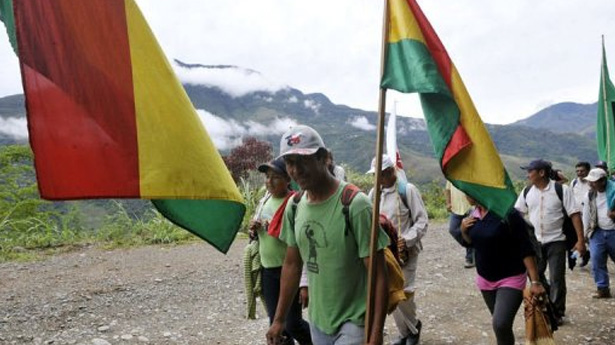
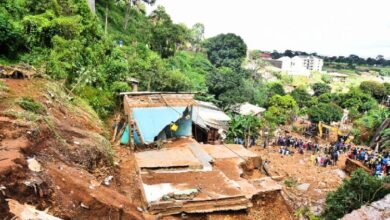 Landslide in Cameroon Following Heavy Rains: Dozens Trapped Under Debris
Landslide in Cameroon Following Heavy Rains: Dozens Trapped Under Debris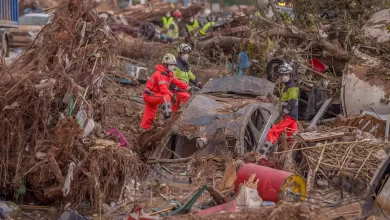 Valencia Requests €31 Billion in Aid Following Devastating Floods
Valencia Requests €31 Billion in Aid Following Devastating Floods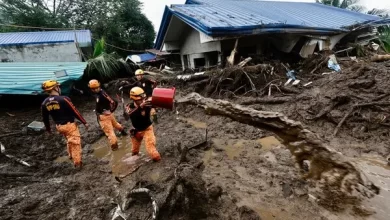 Death Toll from Tropical Storm Trami in the Philippines Rises to 97
Death Toll from Tropical Storm Trami in the Philippines Rises to 97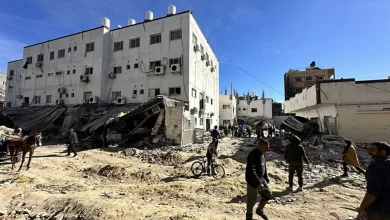 Israeli Forces Raid Gaza’s Kamal Adwan Hospital: Medical Staff and Patients Detained
Israeli Forces Raid Gaza’s Kamal Adwan Hospital: Medical Staff and Patients Detained